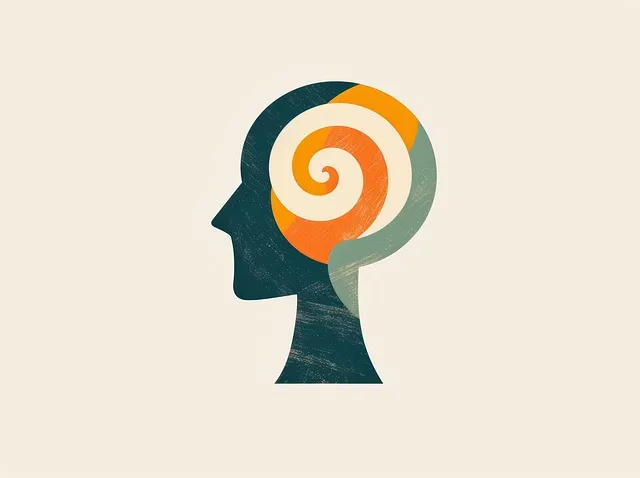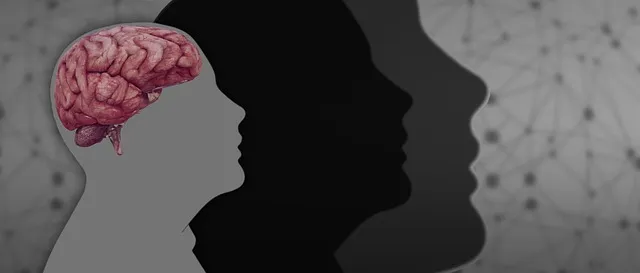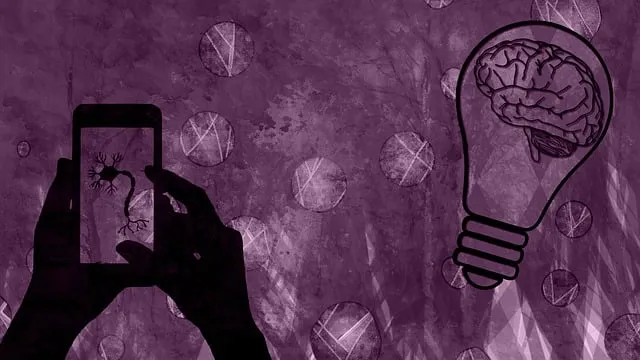The Centennial Kaiser Permanente Mental Health Appointment Center is leveraging cutting-edge technology like AI and machine learning to enhance diagnosis accuracy and patient care. Advanced tools like Crisis Intervention Guidance (CIG) and Risk Assessment for Mental Health Professionals (RAMH) enable clinicians to manage crises effectively and intervene early. These innovations, combined with holistic approaches and education programs, aim to elevate mental health standards, improve outcomes, and foster better service delivery both within the center and beyond.
Mental illness diagnosis accuracy is a critical aspect of patient care, and continuous improvement efforts are essential in addressing the complex nature of mental health. The Centennial Kaiser Permanente Mental Health Appointment Center takes a multi-faceted approach to enhance diagnostic precision. This includes implementing advanced assessment tools like AI-assisted evaluations and psychological tests with sophisticated analytics. Additionally, they prioritize training healthcare professionals through workshops, seminars, and mentorship programs, focusing on case studies and role-playing to refine diagnosis skills. Comprehensive patient evaluations and personalized care plans, integrating clinical interviews, physical examinations, and cultural considerations, further ensure tailored treatment approaches.
- Utilizing Advanced Assessment Tools at the Centennial Kaiser Permanente Mental Health Appointment Center
- – Discussion on implementing cutting-edge technology and diagnostic tools to enhance accuracy
- – Examples of tools: AI-assisted assessments, psychological tests with advanced analytics
Utilizing Advanced Assessment Tools at the Centennial Kaiser Permanente Mental Health Appointment Center

The Centennial Kaiser Permanente Mental Health Appointment Center has embraced advanced assessment tools to enhance diagnosis accuracy and improve patient care. These cutting-edge technologies are integrated into every step of the evaluation process, from initial screening to comprehensive risk assessments. By leveraging digital solutions, mental health professionals at the center can now conduct in-depth analyses of symptoms, behaviors, and psychological profiles with unparalleled precision.
One such tool, the Crisis Intervention Guidance (CIG), equips clinicians with evidence-based strategies to assess and manage acute psychiatric crises effectively. Additionally, the Risk Assessment for Mental Health Professionals (RAMH) provides a structured framework to identify potential risks and hazards, ensuring early interventions that can prevent escalating conditions like anxiety relief. These innovations not only streamline the diagnostic process but also foster more effective treatment planning tailored to individual needs.
– Discussion on implementing cutting-edge technology and diagnostic tools to enhance accuracy

At the Centennial Kaiser Permanente mental health appointment center, efforts to enhance diagnosis accuracy are being propelled by the integration of cutting-edge technology and diagnostic tools. Advanced technologies such as artificial intelligence (AI) and machine learning algorithms are increasingly being employed to analyze complex data patterns and support clinical decisions. These tools can help identify subtle indicators that might be missed during traditional assessments, thereby improving the overall precision and reliability of mental health diagnoses.
The implementation of these innovative solutions is complemented by robust Mental Health Education Programs Design and Healthcare Provider Cultural Competency Training initiatives. By educating healthcare professionals on the latest research and best practices, these programs ensure that providers are equipped to interpret diagnostic findings accurately. This holistic approach, combining technological advancements with comprehensive education, aims to elevate the standards of mental health diagnosis at Centennial Kaiser Permanente and beyond, ultimately fostering better patient outcomes through Mental Health Awareness and enhanced service delivery.
– Examples of tools: AI-assisted assessments, psychological tests with advanced analytics

The advancement of technology is significantly contributing to enhancing mental illness diagnosis accuracy at renowned centers like the Centennial Kaiser Permanente mental health appointment center. AI-assisted assessments are becoming increasingly prevalent, offering a more efficient and comprehensive approach to screening. These tools utilize artificial intelligence algorithms to analyze patient responses during assessments, providing immediate insights into potential mental health concerns. By detecting subtle patterns and nuances that may be missed by traditional methods, these AI systems can help reduce human bias and improve diagnostic reliability.
Furthermore, psychological tests with advanced analytics are revolutionizing the field. Traditional psychological assessments are now being bolstered by sophisticated data analysis techniques, allowing for deeper insights into an individual’s mental state. These analytics can identify complex relationships within test results, aiding professionals in making more precise diagnoses. For instance, machine learning models can predict the onset of conditions like depression or anxiety based on patterns identified in large datasets, empowering healthcare providers to intervene earlier and tailor treatments accordingly. This advancement not only benefits patients but also supports the work of organizations focused on resilience building and stress management workshops, as well as those promoting self-care routine development for better mental health.
The implementation of advanced assessment tools at the Centennial Kaiser Permanente Mental Health Appointment Center represents a significant step forward in enhancing mental illness diagnosis accuracy. By leveraging cutting-edge technology, such as AI-assisted assessments and psychological tests with advanced analytics, healthcare professionals can achieve more precise evaluations. This not only benefits patients by ensuring appropriate treatment plans but also contributes to the overall improvement of mental health care services across the board.






